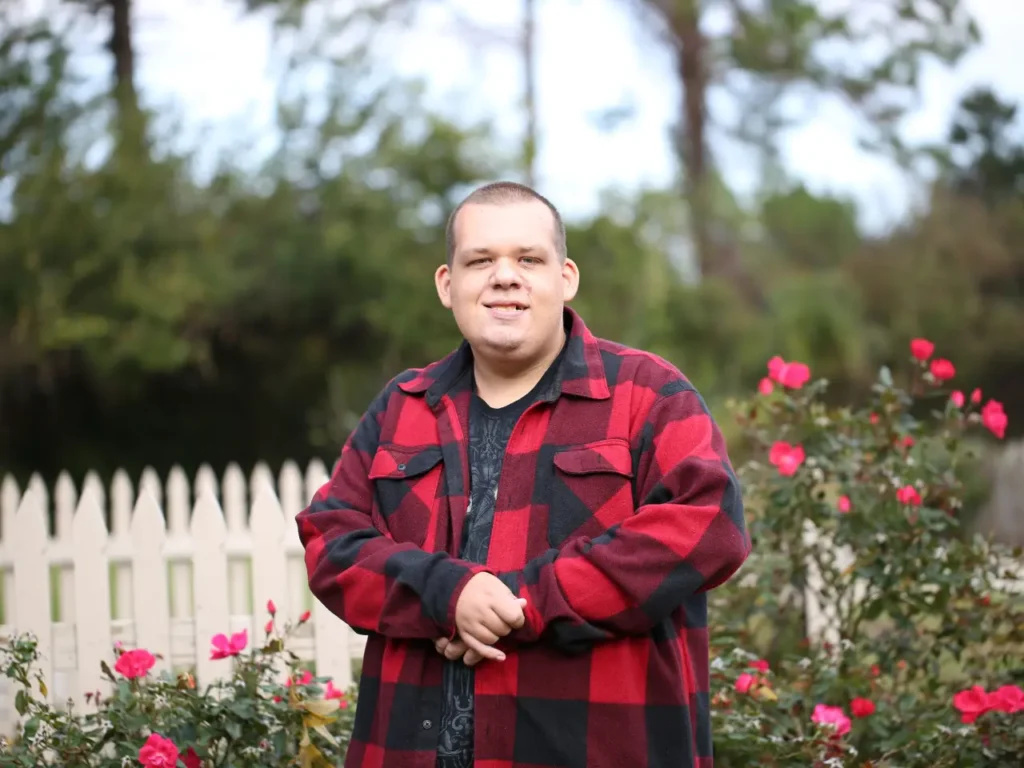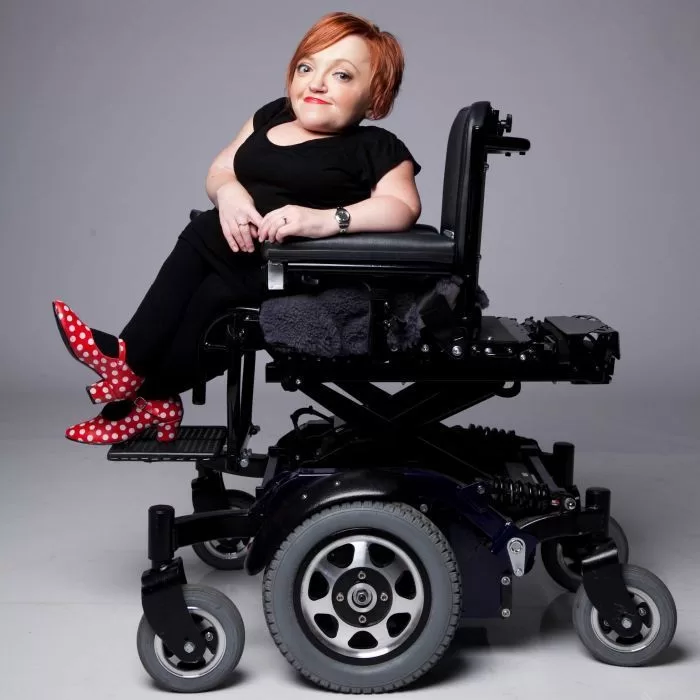Updated on September 9, 2024

The short answer? No.
Autism Spectrum Disorder (ASD) is a neurodevelopmental condition that typically manifests in early childhood.
It’s caused by differences in brain development that happen during a person’s formative years.
While someone can be diagnosed with autism later in life, it’s because their symptoms were previously unrecognised or misunderstood, not because the condition developed newly.
While autism is typically diagnosed in early childhood, there is a growing interest in whether individuals can develop autism later in life.
Autism Spectrum Disorder (ASD)
Autism Spectrum Disorder is not a single condition but a spectrum of closely related conditions with shared symptoms.
The term “spectrum” reflects the various challenges and strengths possessed by each person with autism. ASD is a complex condition that affects a person’s communication, behaviour, and social interaction.
A range of symptoms characterises it: Some people may be nonverbal or have significant intellectual disabilities, while others may have exceptional skills in specific areas such as mathematics, music, or art.
The exact causes of autism are still not fully understood. However, it is widely accepted that autism is a result of genetic and environmental factors.
These factors affect brain development, leading to differences in how individuals with autism perceive and interact with the world around them.
Typical Onset of Autism
Autism is generally identified in early childhood, often by the age of 2 or 3.
Parents may notice signs such as delayed speech, difficulty making eye contact, or a lack of interest in playing with other children.
Paediatricians and specialists use these early signs to diagnose autism, enabling early intervention, which is crucial for helping children develop necessary life skills.
However, the process of diagnosis is not always straightforward.
Some children may have mild symptoms that are not recognised until they start school, where social interactions become more complex.
In some cases, they may not receive a diagnosis until adolescence or adulthood, especially if their symptoms were not as apparent during childhood.
Causes of Late Diagnosis
Late diagnosis of autism in adults is becoming more common as awareness of the condition increases.
Some adults may go through life without knowing they have autism, often attributing their difficulties to other factors such as social anxiety or personality traits.
It is not until they seek help for these challenges, perhaps through therapy or counselling, that the possibility of autism is considered.
Several factors can contribute to a late diagnosis of autism:
- Mild symptoms: Some individuals with autism may have milder symptoms that are more difficult to recognise or attribute to ASD.
- Lack of Awareness: In previous decades, there was less awareness and understanding of autism, particularly in how it is presented in females. Many adults today grew up in a time when autism was less recognised, especially if they did not display the stereotypical traits associated with the condition. As awareness of autism has grown, more adults are seeking a diagnosis and being recognised for their symptoms.
- Masking behaviours: Some people may learn to mask their autistic traits to fit in with societal expectations, making it harder to identify the underlying condition.
- Misdiagnosis: In the past, autism was often misunderstood or misdiagnosed as other conditions, such as attention deficit hyperactivity disorder (ADHD) or social anxiety disorder.
- Gender Differences: Research suggests that autism may manifest differently in females, who are often better at masking their symptoms. As a result, many women with autism are not diagnosed until later in life.
The Experience of a Late Diagnosis
Receiving an autism diagnosis later in life can be a bitter-sweet experience.
On the one hand, it can be a relief to finally have an explanation for lifelong challenges.
Many adults describe a sense of validation and understanding that comes with the diagnosis.
They can better understand their behaviours and experiences, leading to more self-acceptance and improved mental health.
On the other hand, a late diagnosis can also bring feelings of loss or regret.
Some adults may feel that they missed out on opportunities for support and intervention that could have made their lives easier.
They may also struggle with the stigma associated with autism and worry about how others will perceive them.
Seeking Support as an Adult with Autism
Receiving the appropriate support is helpful for adults with autism.
This support can take many forms, from therapy and counselling to social skills training and support groups.
Understanding and acceptance from family, friends, and colleagues also play a significant role in helping adults with autism navigate their daily lives.
Society’s understanding of autism has come a long way, but there is still much work to be done.
Greater awareness and acceptance of neurodiversity can help create a more inclusive society for people with autism to thrive.
With the proper resources and acceptance, adults with autism can navigate these challenges and lead rewarding lives.
Conclusion
Autism is a lifelong condition that is present from birth. However, it may not always be recognised until later in life.
The majority of people with autism are born with the condition. While it’s possible to receive a late diagnosis of autism, the condition itself is not acquired later in life. It’s a neurodevelopmental disorder that originates in early childhood.
While one cannot develop autism in adulthood, late diagnosis is increasingly common as awareness of the condition grows.
Sources
- https://www.totalcareaba.com/autism/can-a-child-have-autism-at-any-age
- https://www.crossrivertherapy.com/autism/women#:~:text=Some%20signs%20of%20high%20functioning,transitions%20or%20changes%20in%20routine
- https://careclinic.io/holistic-care-for-autism/
- https://www.webmd.com/brain/autism/autism-similar-conditions#:~:text=But%20autism%20is%20different%20for,other%20people%20barely%20notice%20them
- https://www.qanc.com.au/resources/why-some-children-on-the-autism-spectrum-are-misdiagnosed-with-adhd#:~:text=Most%20children%20with%20symptoms%20formerly,diagnosis%20%E2%80%94%20or%20misdiagnosis%20%E2%80%94%20before%20a
- https://www.autism.org.uk/advice-and-guidance/topics/behaviour/masking#:~:text=What%20is%20masking%3F-,Masking%20is%20a%20strategy%20used%20by%20some%20autistic%20people%2C%20consciously,be%20more%20accepted%20in%20society
- https://www.goldenstepsaba.com/resources/late-autism-diagnosis#:~:text=However%2C%20a%20late%20diagnosis%20can,frustration%2C%20isolation%2C%20or%20inadequacy
- https://www.uclahealth.org/news/article/understanding-undiagnosed-autism-adult-females#:~:text=Autism%20traits%20in%20girls%20may,participate%20in%20conversations%20with%20other
MORE FROM CENTRE DISABILITY SUPPORT
IS AUTISM A DISABILITY IN AUSTRALIA?
How to Support Someone with Autism
Temple Grandin: 20 Things you didn’t know about the world-renowned spokesperson for autism
Stimming: Meaning, Examples and How To Tell If You’re Stimming



